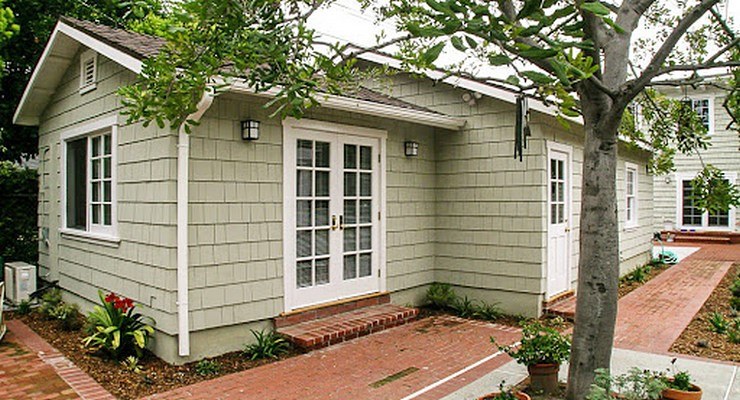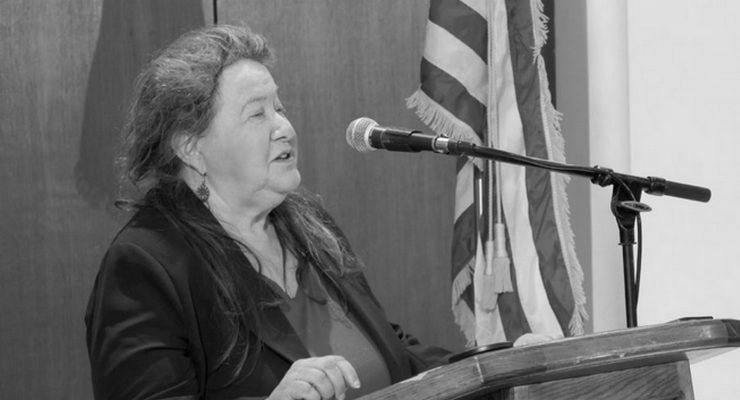
The Housing Justice Committee of the Clergy Community Coalition is calling on Pasadena leaders to overhaul the city’s affordable-housing priority system to better serve Black and other BIPOC residents displaced by decades of redevelopment.
Currently, Pasadena’s Local Preference and Priority System reserves 20 percent of new affordable units in larger developments for returning households—if they lived in Pasadena for at least five years and left no more than ten years ago. After 50 such allocations, the preference expires.
The coalition seeks five major reforms, including extending eligibility beyond the current ten-year window to cover those displaced decades earlier, prioritizing residents from specific Northwest Pasadena ZIP codes hit by freeway projects, and boosting the overall proportion of units for former residents up to 50 percent.
The group also proposes eliminating the 50-unit cap and creating an online registry so displaced former residents can be notified when homes are available, addressing a critical barrier: many eligible individuals are unaware of the policy or lack access to developer outreach lists.
The coalition’s call comes in response to historic displacement. Construction of the Foothill Freeway (I-210) in the 1950s and 1960s forced nearly 3,000 mostly Black residents to move, while efforts to extend the 710 corridor leveled more than 1,500 additional properties. These changes, paired with redlining and urban renewal, shrank Pasadena’s Black population from about 19 percent in 1990 to 8 percent in 2020.
According to the coalition, the current policy’s residency window excludes residents displaced during peak periods of redevelopment and freeway construction. They argue Pasadena should look to more inclusive models, such as Portland’s North/Northeast Preference Policy, which prioritizes displaced and descendant families from historically Black neighborhoods.
“Much of the displacement of BIPOC, especially Black households, occurred in the 1990s and 2000s, so a 10-year limit does not capture most of the people displaced who may want to return,” the coalition notes.
Officials have not yet scheduled a public hearing on the requested policy changes, and the coalition says any broadened system needs strong outreach, registries, and clear accountability to impacted communities.














 1 comment
1 comment



